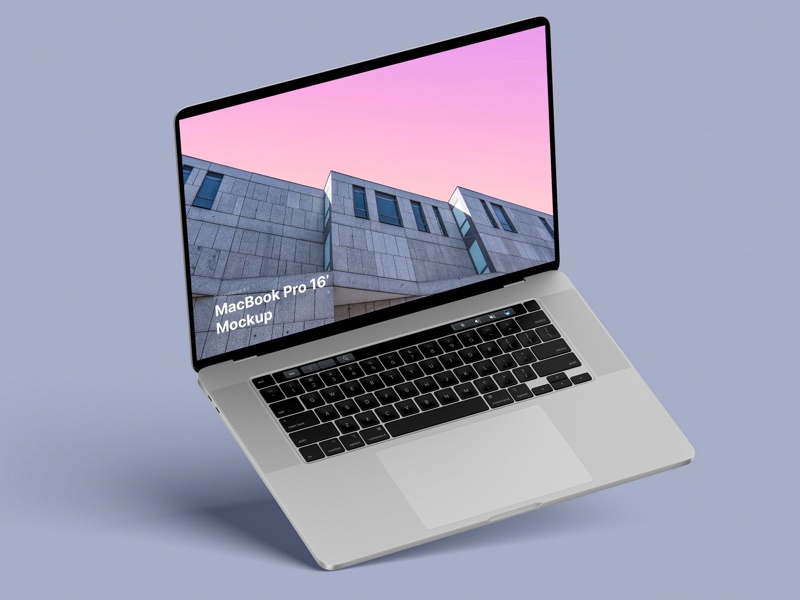Views
1292
Replies
3
Status
Closed
I’m very confused about which color space to use: Adobe 1998 color space or sRGB IEC61966-2.1 color space.
Most of my files were made with the sRGB IEC61966-2.1 color space embedded (North America General Purpose color setting) but I find that the files print with less saturation than they appear on-screen.
But when I switch my Edit > Color Settings to North American Prepess 2, which activates Adobe RGB (1998), Photoshop asks me every time I open a file if I want to maintain the sRGB IEC61966-2.1 color space or to assign the Adobe RGB (1998) color space.
I’ve read several warnings not to assign profiles to files that have embedded profiles.
I find that color management is the most complicated aspect of Photoshop, despite having read about color management.
Robert
Most of my files were made with the sRGB IEC61966-2.1 color space embedded (North America General Purpose color setting) but I find that the files print with less saturation than they appear on-screen.
But when I switch my Edit > Color Settings to North American Prepess 2, which activates Adobe RGB (1998), Photoshop asks me every time I open a file if I want to maintain the sRGB IEC61966-2.1 color space or to assign the Adobe RGB (1998) color space.
I’ve read several warnings not to assign profiles to files that have embedded profiles.
I find that color management is the most complicated aspect of Photoshop, despite having read about color management.
Robert

MacBook Pro 16” Mockups 🔥
– in 4 materials (clay versions included)
– 12 scenes
– 48 MacBook Pro 16″ mockups
– 6000 x 4500 px